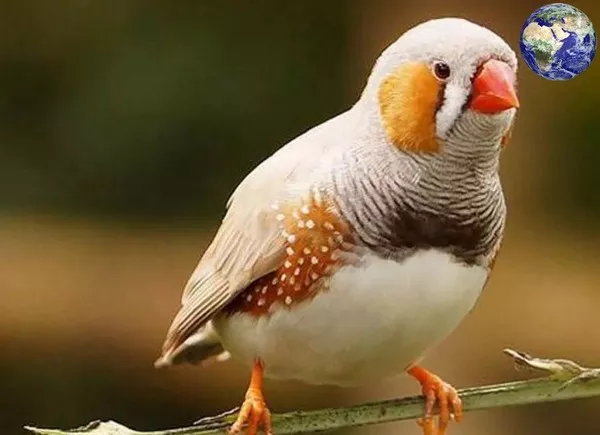HONIARA, Solomon Islands — The Solomon Islands, a biodiversity hotspot in the Pacific, has become a central player in the global live animal trade, with foreign collectors sourcing exotic species, some of which are subject to international trade bans, according to an AFP investigation.
Testimonies from conservationists, official documents, and UN data reveal that native lizards from the Solomon Islands are being shipped to the United States, wild birds are being extracted from lush rainforests and sent to the Middle East, and dolphins are being transported to Chinese aquariums.
While some wildlife can be legally captured and sold, the trade in vulnerable species is heavily regulated, with strict rules and bans in place. However, these regulations have not deterred traders from exploiting the lucrative market for exotic pets. According to Solomons ecologist Patrick Pikacha, these traders are targeting at-risk species, further endangering their populations.
“There’s no studies. No monitoring. It’s just every man for himself,” Pikacha told AFP.
The Solomon Islands boasts remarkable ecological diversity, home to vibrant parrots, tree-dwelling lizards, and swooping mega bats. Despite this, it is the only Pacific island engaged in the legal wildlife trade, and its unique species are highly sought after as pets. Among the most coveted is the monkey-tailed skink, a near-threatened reptile suspended from trade under a 2001 international conservation treaty. Yet, UN export data indicates a robust market, with over 2,000 skinks exported in the past eight years, including approximately 1,300 to the United States. Online listings show a single juvenile skink can fetch up to $1,500.
UN Concern Over Compliance
Last October, UN officials urged the Solomon Islands to address compliance issues within its live wildlife trade, highlighting the continued export of monkey-tailed skinks despite trade suspensions.
“It has come to the attention of the secretariat that specimens… that are under trade suspension from Solomon Islands continue to appear… as being traded for commercial purposes,” stated a UN letter. The Solomon Islands’ environment department did not respond to requests for comment but has previously emphasized the importance of “sustainable trade in wildlife” as a source of income for the developing nation.
Continued Dolphin Trade
In Honiara, the capital, a faded market sign warns against the live wildlife trade, specifically singling out dolphins as a “no sell” species. Despite a pledge to end the dolphin trade in 2011 following an international outcry over the death of a dolphin transported to Mexico, exports have seemingly resumed. UN records indicate China imported 56 live bottlenose dolphins from the Solomon Islands between 2016 and 2018 for zoos and commercial purposes.
Environmental campaigner Lawrence Makili expressed concerns about foreign exploitation and the potential resurgence of the “insane” trade. “Only early this year I got some information that there was a group attempting to capture dolphins,” Makili told AFP.
Bird Smuggling and Logging Interests
The Solomon Islands also appears to serve as a transit point for threatened birds smuggled from other regions. The chattering lory parrot, native to Indonesia’s Maluku Islands, has been recorded arriving in Oman and Bangladesh via the Solomon Islands. Pikacha suggests these birds likely travel on logging ships passing through Indonesia and Papua New Guinea. Conservationists believe the wildlife trade is linked to powerful logging interests, which hold significant political sway and own vast rainforest tracts in the Solomon Islands.
Many birds sold from the Solomon Islands are labeled as bred in captivity, a status that attracts less scrutiny. However, conservationists assert the nation lacks the necessary facilities for commercial bird breeding. “There are absolutely zero captive-breeding facilities in Solomon Islands,” Pikacha said. “And so what’s placed on those trade records are essentially lies.”
Chris Shepherd, an expert on animal trafficking, likened the situation to “wildlife laundering.” He expressed concerns over the so-called breeding centers in the Solomon Islands, which he claims facilitate the laundering of species.
Urgent Need for Data and Conservation Efforts
Conservationists warn that the lack of baseline data on the Solomon Islands’ wildlife makes it difficult to assess the true impact of the trade. “The whole region is a black hole when it comes to understanding what species are in trade — their volumes, destinations, the conservation impacts,” said Shepherd. “It might seem like a small deal to lose a lizard or bird species here and there. But once you start damaging these populations, things are going to fall apart pretty quickly.”
Related Topics:
























